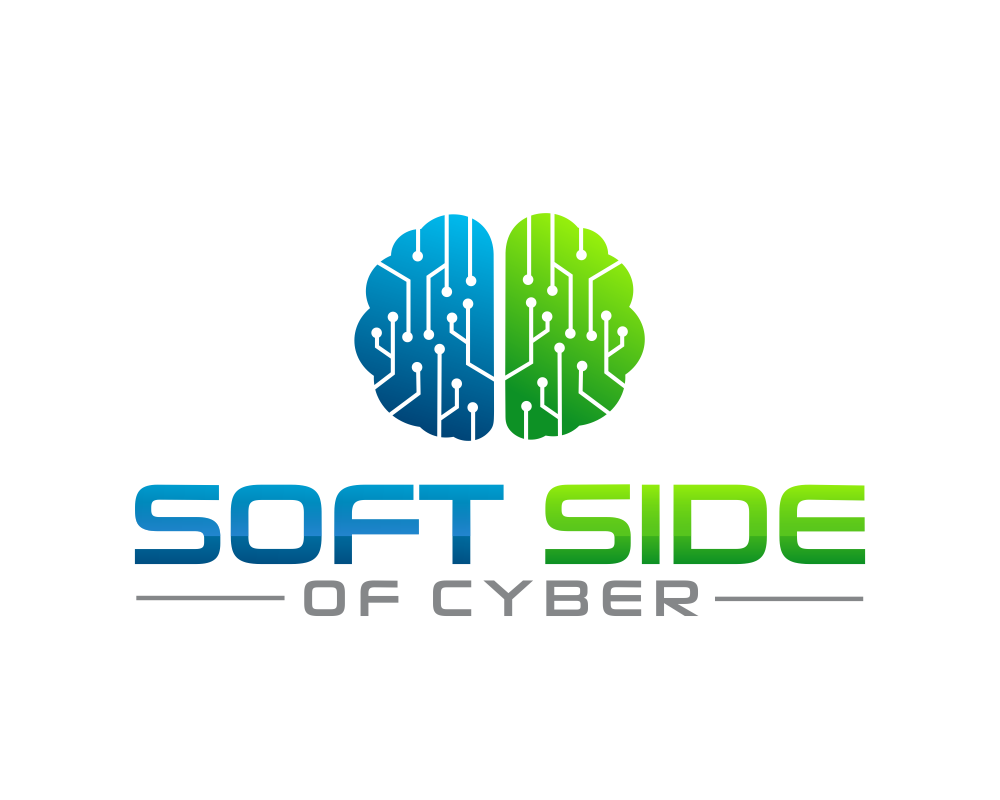
Effective Over Efficient
Peter Drucker once said, "Efficiency is doing the thing right; effectiveness is doing the right thing."
We are constantly striving towards doing things faster and more accurately. Think about the money invested into SOAR technologies and the new surge of machine learning models to augment humans in doing things faster. We outsource key work to third parties to help us scale in a way that we simply cannot.
But how often do we stop to consider if we're doing the right things? This timeless advice from Peter Drucker affects our personal day-to-day prioritization and our larger strategic planning efforts. In this article, we'll explore how to shift your mindset from pure efficiency towards one of effectiveness.
Understanding What Truly Matters
Peter Drucker emphasized the importance of knowing what to do as the key to effectiveness. Working in cybersecurity, as with many tech roles, it's easy to find yourself overwhelmed with tasks. There are emails to respond to, alerts to triage, decisions to be made, patches to be handled, and so on. That doesn't even count the meetings we're getting invited to. The challenge, then, is discerning which of these tasks are of the highest importance and contribute the most to the mission at hand.
Let's start by thinking proactively instead of reacting to every threat, issue, meeting, or task that comes your way. Define your objectives clearly. On a strategic level, what are our most valuable assets, or what organizational priorities need attention? On a personal level, this could mean setting your goals out for the week before you step into it or even the night before. Think first, ponder, decide, then work the process.
This doesn't guarantee that we're doing the right things. But it gets us a step closer and moves us away from the folly of reacting.
Time Management
Drucker also believed that effective decision-making requires thoughtful time management. Time, once spent, can't be reclaimed. The biggest budget in the world never bought a second of time.
As cybersecurity professionals, the demand for your time is intense. After spending time in the professional world, you've probably come to the realization that being busy is not the same as being effective. You could spend your entire day in meetings with a back-to-back calendar and accomplish nothing.
Consider conducting a time audit. Keep a record of how you spend your day and evaluate which tasks are consuming the most time. Are these time-consuming tasks in alignment with your key objectives? If not, consider how you might delegate, automate, or even eliminate these tasks.
This practice, just like the last, can be applied on a personal level or as a team. It looks slightly different, but the principle is the same.
Embrace Continuous Learning
We have no shortage of knowledge and things to learn these days. From search engines to book summary services to AI tutors. We focus so intensely on stuffing things into our heads as though more is better.
But learning, according to Drucker, is more than just acquiring new knowledge; it's about turning knowledge into effectiveness. Dedicate time to learn about new threats, techniques, and technologies, but also spend the time to reflect on how this new knowledge can be applied in practical terms to your work. The same goes for soft skills that you may pick up from a book or podcast, or an awesome website like this.
But it's the applied learning that makes a difference.
The Importance of Communication
It's no surprise that on this site, you're going to hear about the importance of communication in cybersecurity. Drucker highlighted the importance of communication for effectiveness in much of his writing, advocating for clarity and simplicity. As you're exploring and evaluating what the right things are, do so with clear, simple terms where you can engage with a broader, more diverse audience.
Part of this comes down to how you leverage facts and hard data. According to Drucker, facts are crucial in decision-making, but they alone are not sufficient. Facts can inform what the problem is, but they can't tell you what to do about it. Drucker said, "One has to make a judgment, a choice, a decision." Facts provide the framework for decision-making, but the actual decision often requires intuition, experience, and strategic thinking.
Concluding Thoughts
Peter Drucker's teachings on effectiveness provide valuable insights for every profession, including cybersecurity. By focusing on what truly matters, managing our time wisely, committing to continuous learning, and communicating effectively, we can become more effective cybersecurity professionals and run more effective teams.
In the end, it's about doing the right things, not just doing things right or doing them quickly.


